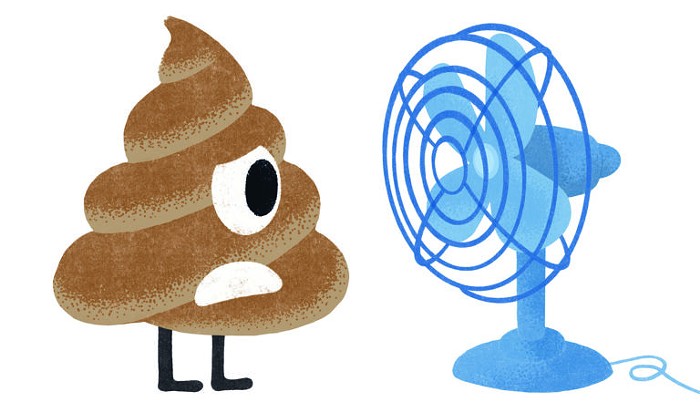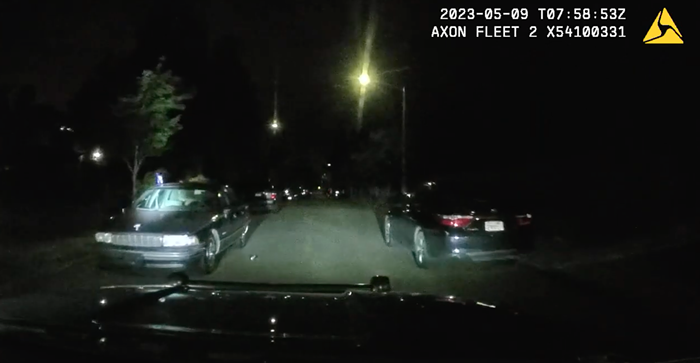
No one turned into a pumpkin when the clock struck midnight on Friday at Kremwerk. Rather, the ball was just getting started. Theo Parrish, a Detroit-based DJ legend who sits at the most enviable intersection of groovy Chicago house and steely Motown techno, took the booth and began a true odyssey: a six-hour set.
Kremwerk is no stranger to late nights, but Parrish’s commitment to play music for one quarter of an entire day was exceptional by local standards. Even Hunt & Gather’s open-to-close series EPIC around the corner at Re-bar ran a mere four hours by comparison.
By not so local standards—along an axis of DJ culture that stretches from London to Amsterdam to Berlin—extended DJ sets routinely run into the double digits. They are the antidote to the force feeding of dance music through the EDM festival circuit where an interchangeable series of disc jockeys, most of whom probably haven’t ever held an actual vinyl disc in their lives, churn out sets that barely top an hour.
With no time for an intro, climax, denouement, or pacing whatsoever, these sugar rush festival slots have corrupted the art of the DJ set into something like binge-watching episodes of trashy TV. I think back to Diplo’s headlining barrage at Capitol Hill Block Party in 2017, a sad fall from grace for an otherwise talented and cutting-edge musician who was once on the vanguard of global music scenes from Brazil to the Caribbean.
The extended set, by contrast, is more like a novel. And Parrish has been perfecting his craft for several years. Indeed, this most recent incarnation involved spinning records for three times as long as he spoke at Red Bull Music Academy’s Seattle edition way back in 2005.
Listening to a six-hour set is something like reading a 600-page novel. It can be thrilling; it can also be tedious. Every author, even the most prolific, can be off their game—somewhere in Philip Roth’s 27-book oeuvre there lurks a stinker or two—and I’m afraid that’s how I felt about Parrish’s most recent entry.
He had all the right constituent parts for a masterpiece: swirling vintage disco strings from Double Cross, an instantly recognizable left-field Talking Heads hit, noodly jazz house from Australian composer Horatio Luna, freshly pressed European electronica, and 90s house club bangers. With a story arc spanning the 1970s to today, Parrish had a Tolstoyan sweep of dance music and its spider web of subgenres and offshoots.
But somehow, the potential for a chef d’oeuvre didn’t quite land. Around 3 am, the experience felt something like a David Foster Wallace or Thomas Pynchon novel where you find yourself mired in inscrutable text and can’t seem to make much forward progress, even after a little brain food/dancefloor energy in the form of a Little Maria’s pizza slice. The crowd played along gamely, cheering transitions to marquee tracks and surging after the 2 am last call as punters arrived from other shuttered ports of call. But at least for this seasoned critic, the set didn’t enter the Pulitzer-worthy pantheon.
No matter, it seemed, for Parrish himself. Bobbing and bouncing in the cozy confines of his booth as he plucked a seemingly endless supply of vinyl, Parrish had all the confidence of a cocksure writer—audience be damned.


















